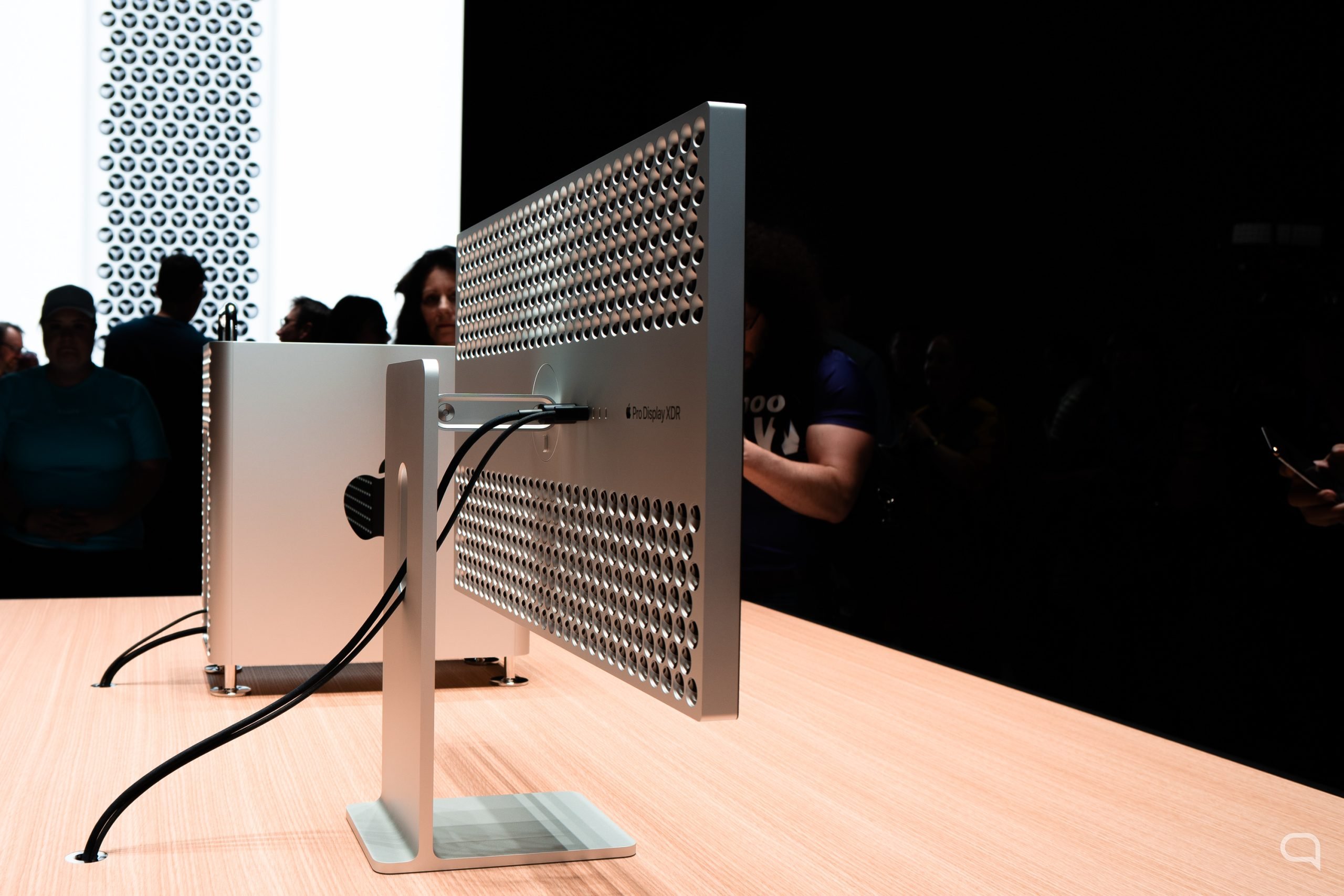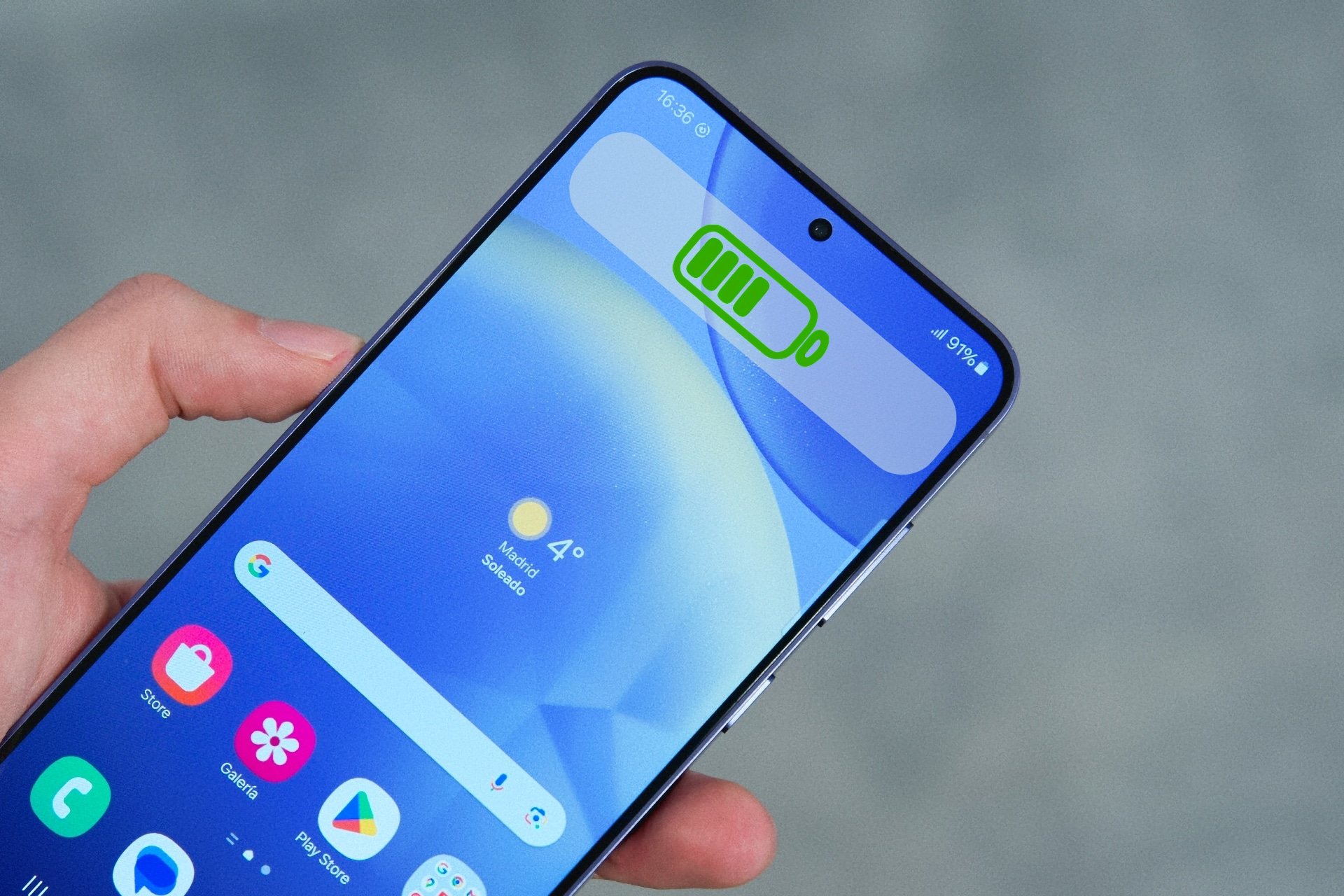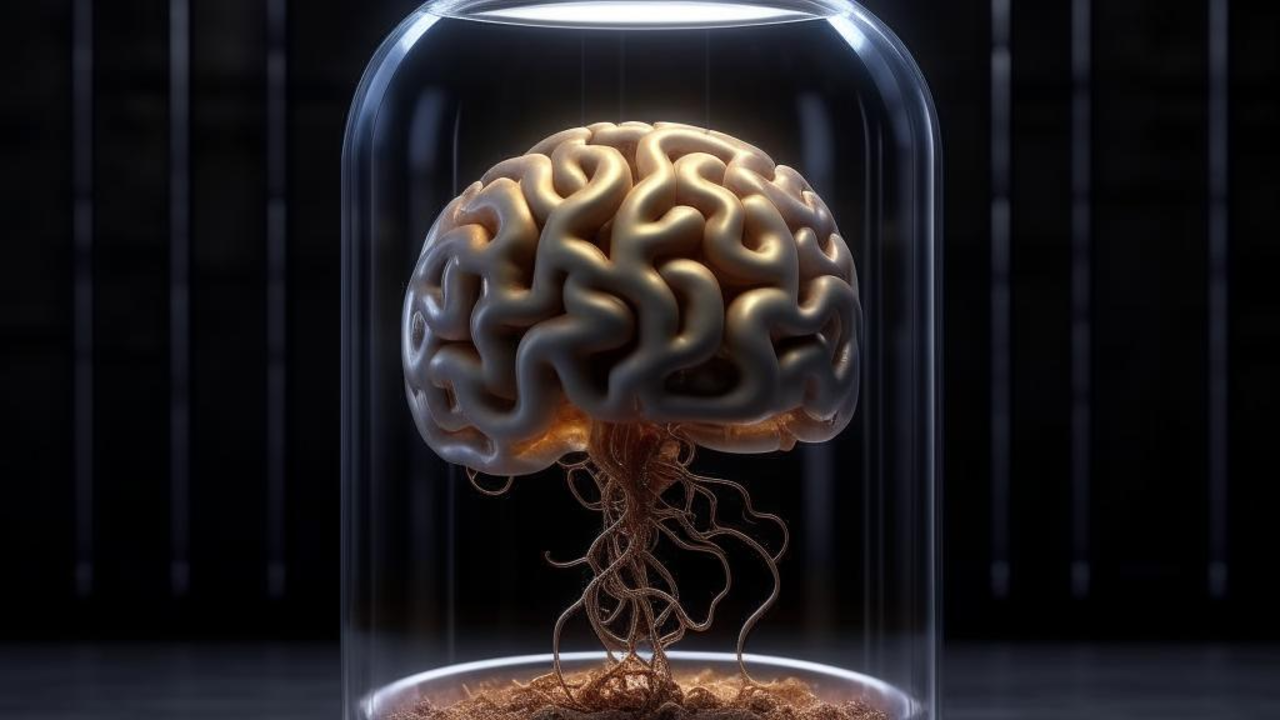From the Institute of Cytology of the Russian Academy of Sciences (INC RAS) and the Great St. Petersburg Polytechnic University have developed a new method for growing brain cells. This method enables more efficient generation of healthy neurons from the connective tissue of the human body, such as fibroblasts. These cells can be used to test drugs against neurodegenerative diseases such as Alzheimer’s disease and Huntington’s syndrome.
According to the results of the research, the scientists managed to increase the productivity of the method of growing neurons from adult human tissue by 10 times. This makes it possible to obtain much healthier cells suitable for preclinical testing of new drug compounds. This is important for the development of treatments against diseases associated with the destruction of brain cells.
To develop a new method, scientists used fibroblasts, cells of the connective tissue of the human body. This method allows you to save up to 80% of these cells when they are reprogrammed into neurons. This approach reduces the cost of acquiring neurons and makes them more accessible to pharmaceutical companies to test new drugs.
The developed method has the potential to be applied to various cell types. Before reprogramming the connective tissue cells, the scientists synchronized and gently made genetic changes to the cells. This approach makes the acquisition of neurons more efficient and ensures cell stability. This new method paves the way for the development of drugs and treatments against neurodegenerative diseases.
Source: Ferra
I am a professional journalist and content creator with extensive experience writing for news websites. I currently work as an author at Gadget Onus, where I specialize in covering hot news topics. My written pieces have been published on some of the biggest media outlets around the world, including The Guardian and BBC News.












